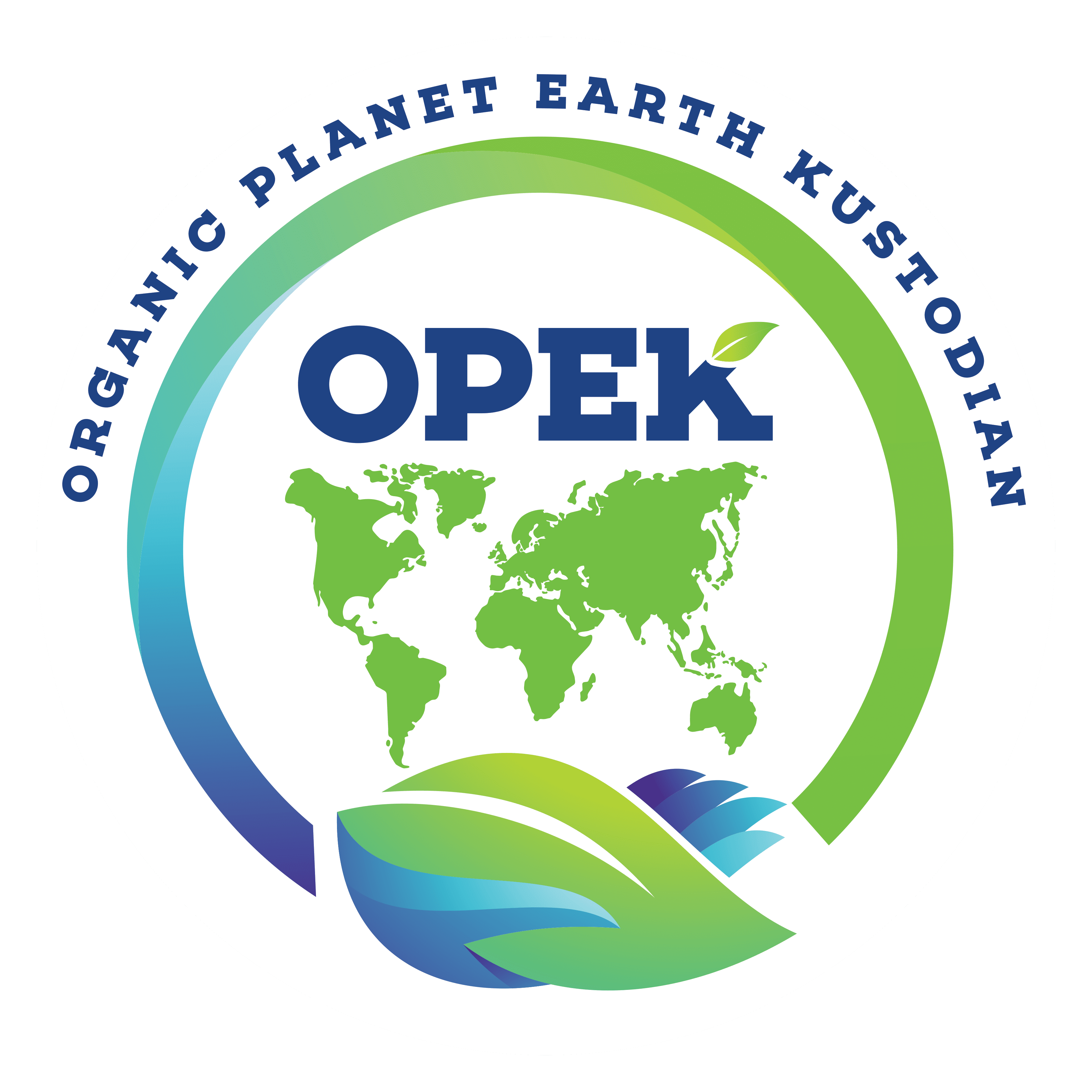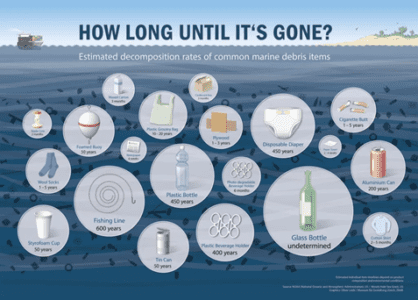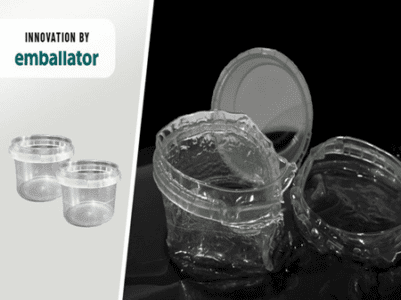Bacteria the Solution for the Plastic Pollution crisis?
Plastic pollution is one of the most pressing environmental issues of our time. The accumulation of petroleum-based plastics is having devastating effects on our environment, wildlife, and human health. In a recent study published in Scientific Reports, researchers from Nara Institute of Science and Technology revealed a bacterium that is not only able to degrade difficult-to-recycle […]
Bacteria the Solution for the Plastic Pollution crisis? Read More »








 by
by